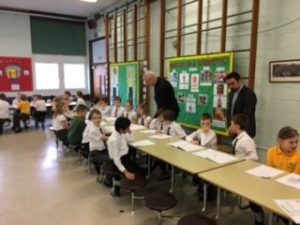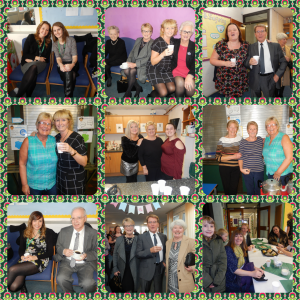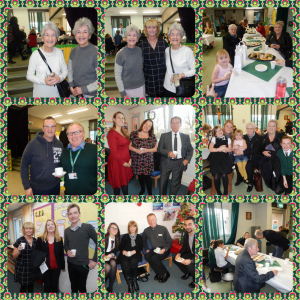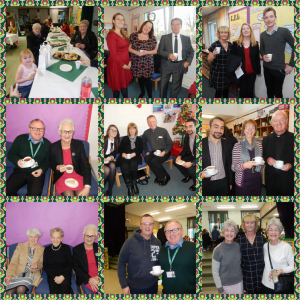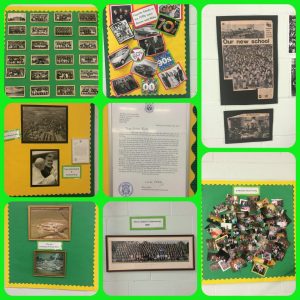Article 41
You have the right to any rights in laws in your country or internationally that give you better rights than these
On Sunday the 27th April, South Africa celebrated 20 years since the end of apartheid when Nelson Mandela became the first black president following his 27 years spent in prison for fighting against this segregation. Apartheid happened for many years in South Africa and was when people with different colours of skin were not allowed to be together. The country had separate schools, banks, buses and even laws for white people and non white people. People who were not white were treated very unfairly.
To gain a better understanding of apartheid and how unfair and unjust it was, last week primary 5 actually experienced it first hand!
We had a long discussion about equal rights and how unfair it is when people are discriminated against, we agreed that everyone no matter who you are should be treated equally and everyone is entitled to their rights. To gain a better understanding of what it would have been like to live in South Africa during apartheid we were separated into 2 groups. People that were born in January to June were in group one and people born in July to December were in group two. We talked about how we didn’t get to choose what month we were born in, just like babies do not get to choose the colour of their skin, eyes or hair, or the country they are born in, who their parents are or if they have a disability.
Then we were told the ‘Apartheid Laws’ for the day. People that were born in the first half of the year were treated fairly but the laws for the people born in the second half of the year were very different…
A person born between July to December…
- could not sit with or play with people born between January and June
- could only play in one small area of the playground
- had to work until the bell
- could not take part in class discussions
- went last for break and lunch
- had to ask permission to use classroom resources
- could not receive stickers, rewards and points
- had to wear an identity badge at all times
Children who were born in the first half of the year wore bibs so both groups could be easily identified.
Children born in the second half of the year were not treated fairly at all, during P.E. even though they won the curling game 7-2, the teachers insisted that the other team won. It made the people in group 2 very frustrated! The unfairness also had an effect on children in group 1 who felt guilty and were angry that people were being treated so differently. We stopped throughout the day and we shared how we were feeling, it gave us a real insight into what life would have been like during apartheid.
On day two the groups swapped over so everyone had a chance to experience both sides of apartheid.
At half past two on Thursday we stopped our segregated P.E lesson and celebrated the end of apartheid and a very challenging couple of days. We scrunched up our idneitity badges and threw our bibs in the air and danced around the hall with our friends who we had been separated from for two days. This was a very valuable lesson, we vowed to always treat each other equally, never to discriminate and to stand up to injustice and unfairness.

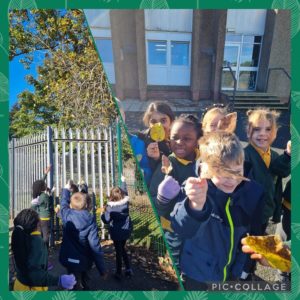
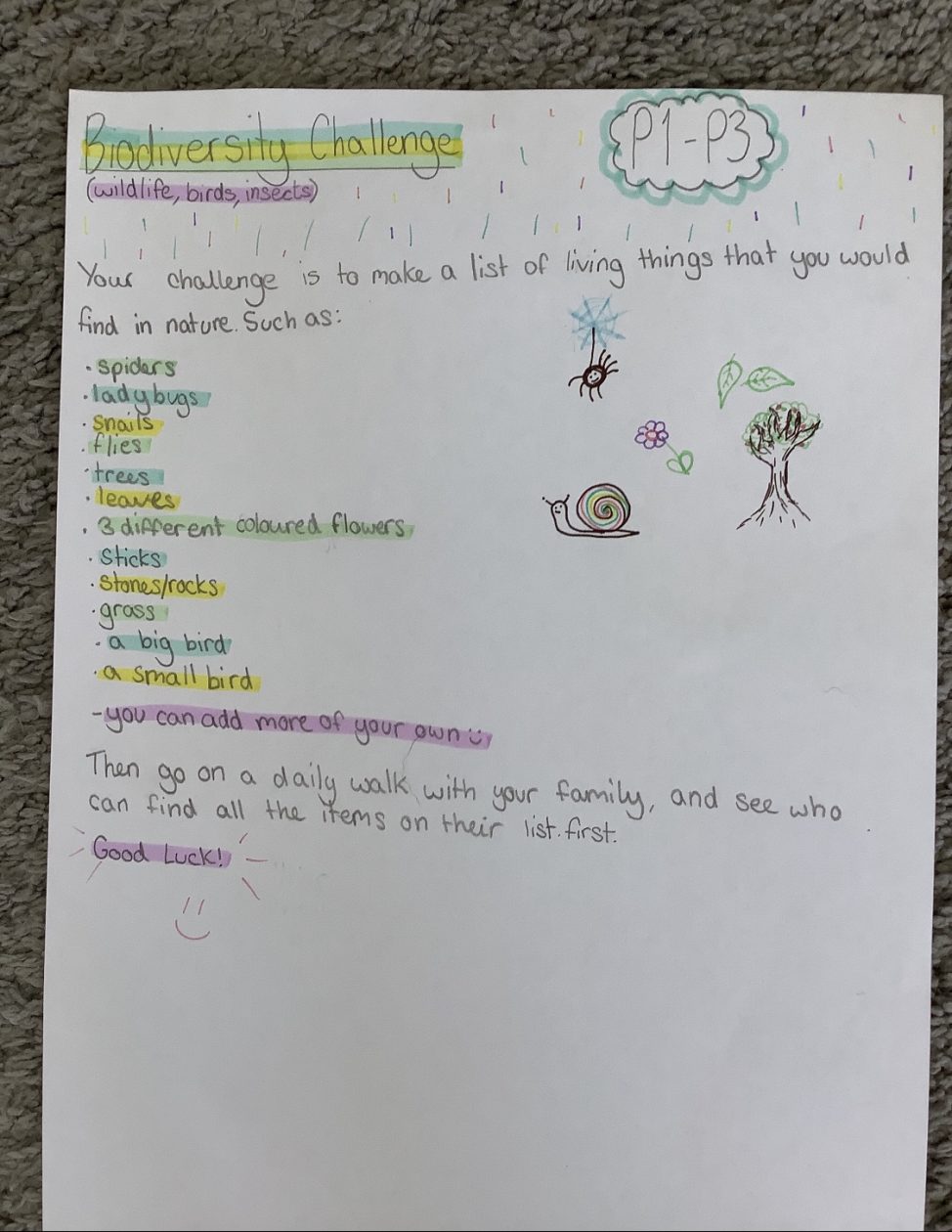
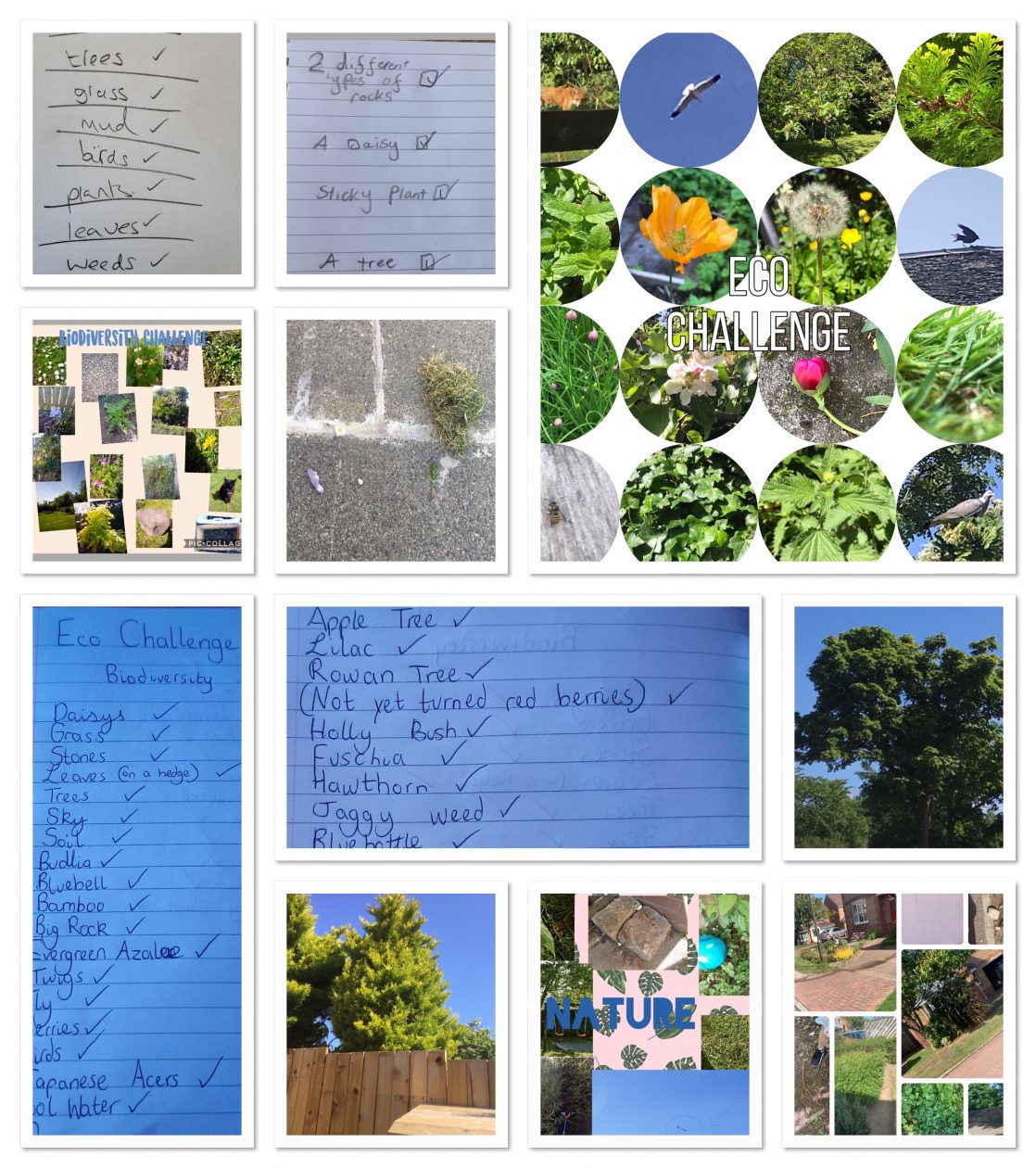





















 You are warmly invited to another of our curriculum cafes on Friday 5th of May (drop in from 10.45am until 12 noon). The purpose of this cafe is to encourage children to talk with parents – in an informal way over tea and a biscuit – about their school work. This gives our children the opportunity to talk about their learning and achievements so that they can be challenged, motivated and supported. Research shows that children being able to talk about their learning – and identify their next steps – is one of the biggest factors in educational success.
You are warmly invited to another of our curriculum cafes on Friday 5th of May (drop in from 10.45am until 12 noon). The purpose of this cafe is to encourage children to talk with parents – in an informal way over tea and a biscuit – about their school work. This gives our children the opportunity to talk about their learning and achievements so that they can be challenged, motivated and supported. Research shows that children being able to talk about their learning – and identify their next steps – is one of the biggest factors in educational success. 
